Call Us Today: +1 866 205 2414
As mining continues to evolve, so does the effort and responsibility of ensuring that a mine’s operations are environmentally responsible and that the lands around a site can be responsibly cared for both during and after work is completed. In the mining industry today, before a project can even commence, companies must include plans for the future of a mine once the work is complete. There are an estimated 10,139 orphaned and abandoned mine sites in Canada.
Mine reclamation is the process of returning the mined land and surrounding environment back to a natural or usable state and reversing any adverse effects to the land that has occurred because of mining operations. Reclamation can be applied to both open or closed mines as well as orphaned and abandoned sites. Mining reclamation can involve remediation measures like soil replacement, erosion control, water management and revegetation and restoring of native plants and wildlife.
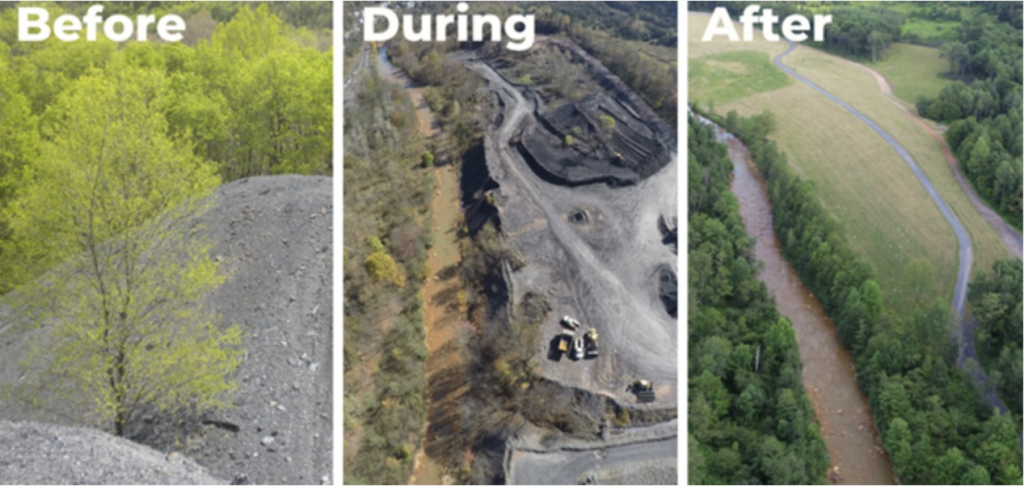
The Glenridge Quarry Naturalization Site located in Thorold, Ontario is a local example of successful mine reclamation and land naturalization. The 105-acre landscape once operated as a limestone quarry and was later converted into a landfill from 1976 until 2002. It was eventually transformed into a naturalization site, that now features hiking and biking trails, a pond and is home to thriving populations of native vegetation and wildlife. The Glenridge Quarry is one of Ontario’s first identified “Green sites”.
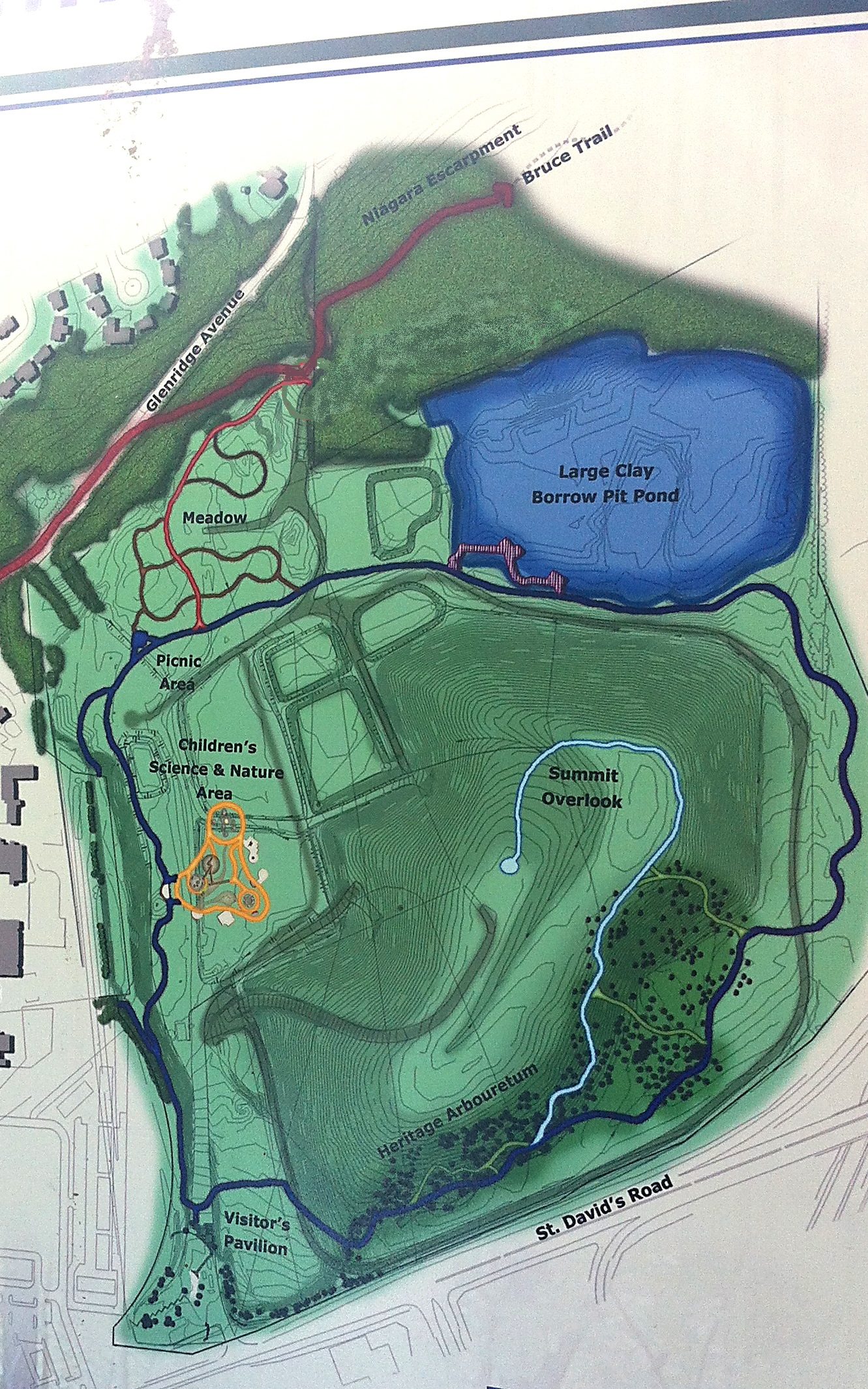
In 2019, the Victor mine, an open pit diamond mine in James Bay; located on Attawapiskat First Nation traditional land began closing operations with reclamation officially beginning in 2014. The operators–the DeBeers Group began its decommissioning and reclamation in 2014, eventually filling the pit with 44 million cubic metres of water, creating a lake. They have also planted 1.4 million native trees and shrubs, and 5,676 kg of seed. Additionally, there were structures and vehicles donated to the local community (Source: DeBeers Group Canada).
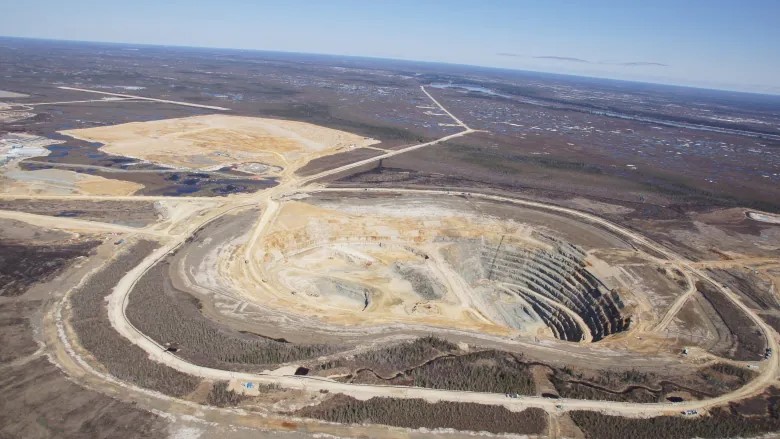
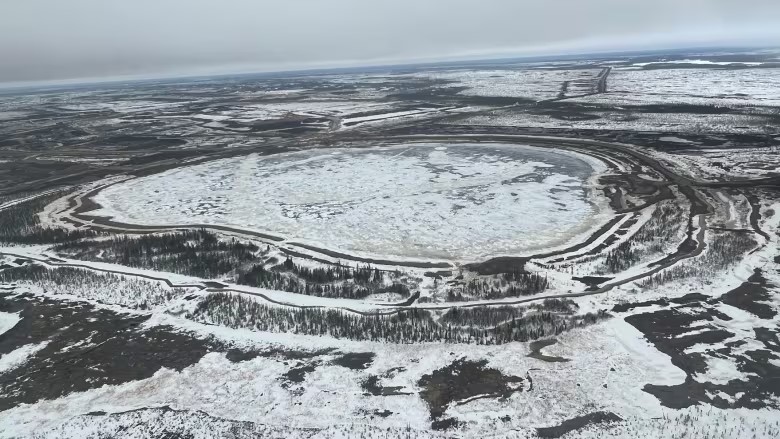
A crucial and significant factor in mine reclamation is the consultation and involvement of local Indigenous communities. It is necessary that the planning and decision-making process from start to end includes community input and insight. Where possible, the reclamation process should look at not only restoring the land but also the addition of socioeconomic value and opportunities. There is often an opportunity in the mine reclamation process to create economic benefits by making the environment suitable for uses such as agriculture, forestry, or recreational activities.
Today, the Canadian government is involved in a 15-year project known as the ‘Northern Abandoned Mine Reclamation Program’. The program was created for the reclamation and remediation of eight of the largest and highest risk abandoned mines in the Yukon and Northwest Territories. You can read more about the program as well as learn more about the mine sites here: The Northern Abandoned Mine Reclamation Program – Canada.ca https://www.canada.ca/en/crown-indigenous-relations-northern-affairs/news/2019/08/the-northern-abandoned-mine-reclamation-program.html.
TMG offers services to assist with solving the challenges surrounding mine closure and reclamation. Our services are tailored to your needs and budget. If you would like more information, contact us.
TMG attended the 15th Annual Saskatchewan Mining Supply Chain Forum held April 18 & 19th, 2023 in Prairieland Park, Saskatoon. The event was hosted by the Saskatchewan Mining Association, Saskatchewan Ministry of Trade and Export Development and the Saskatchewan Industrial and Mining Suppliers Association. The event brought together manufacturers, construction, equipment, and various service providers of the mining supply chain.
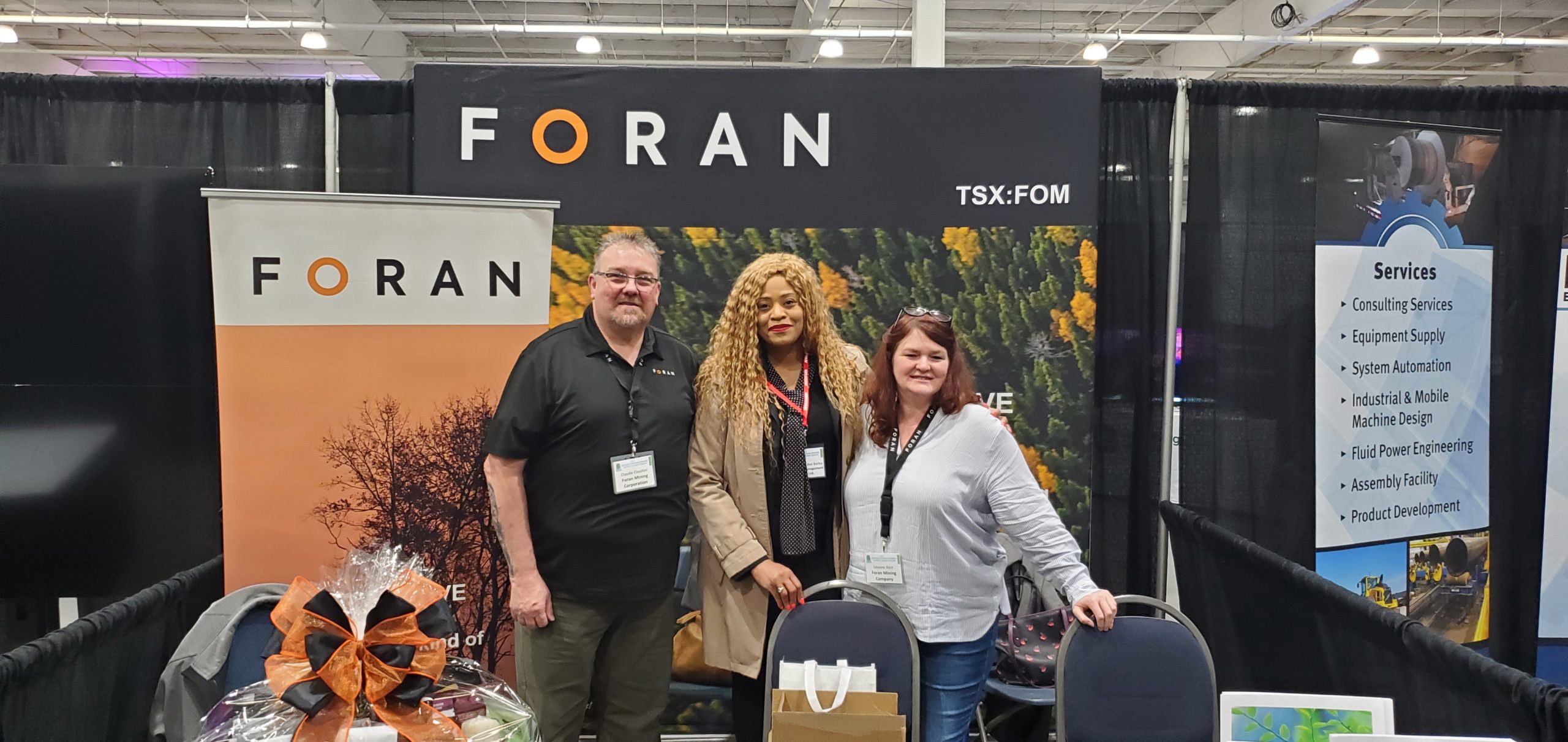
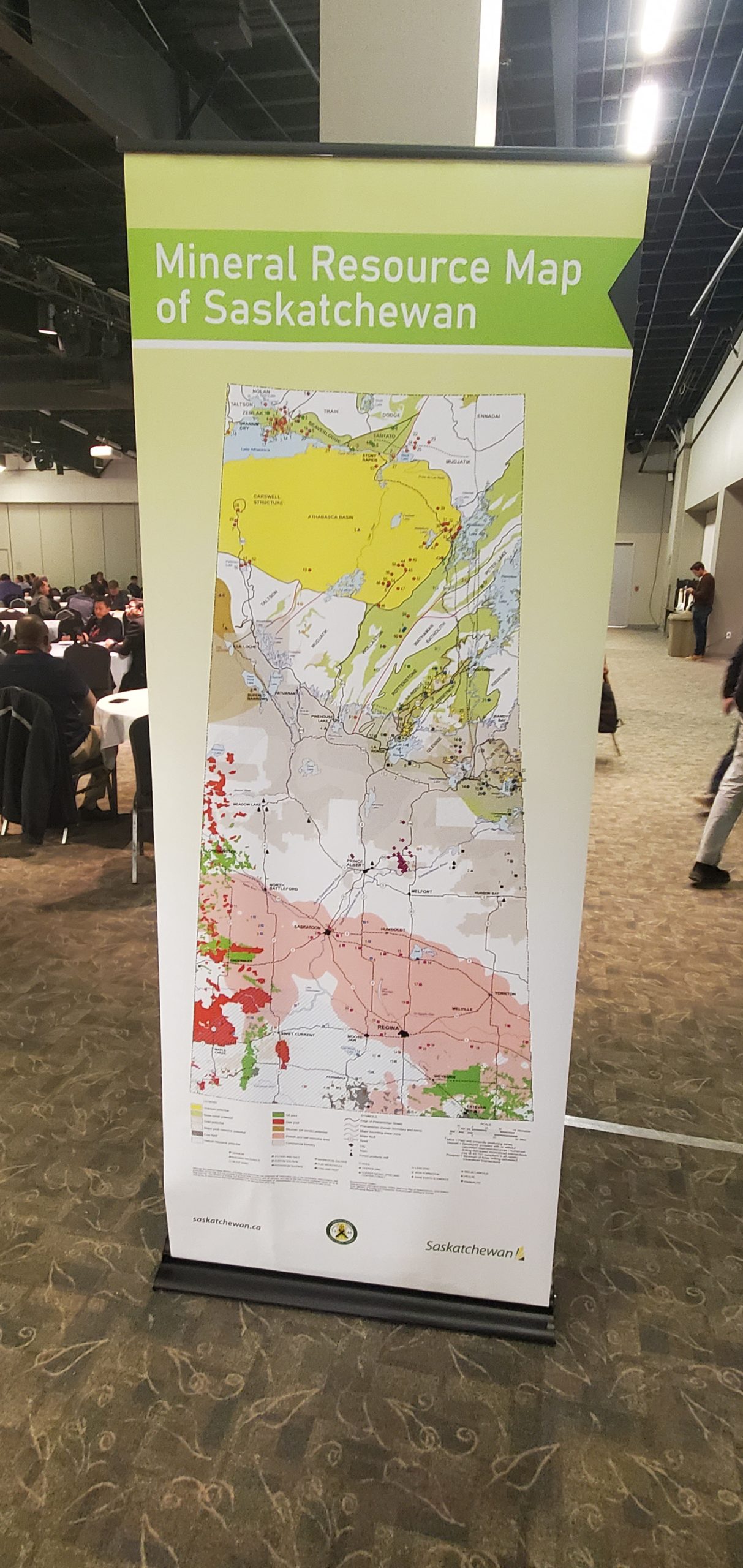
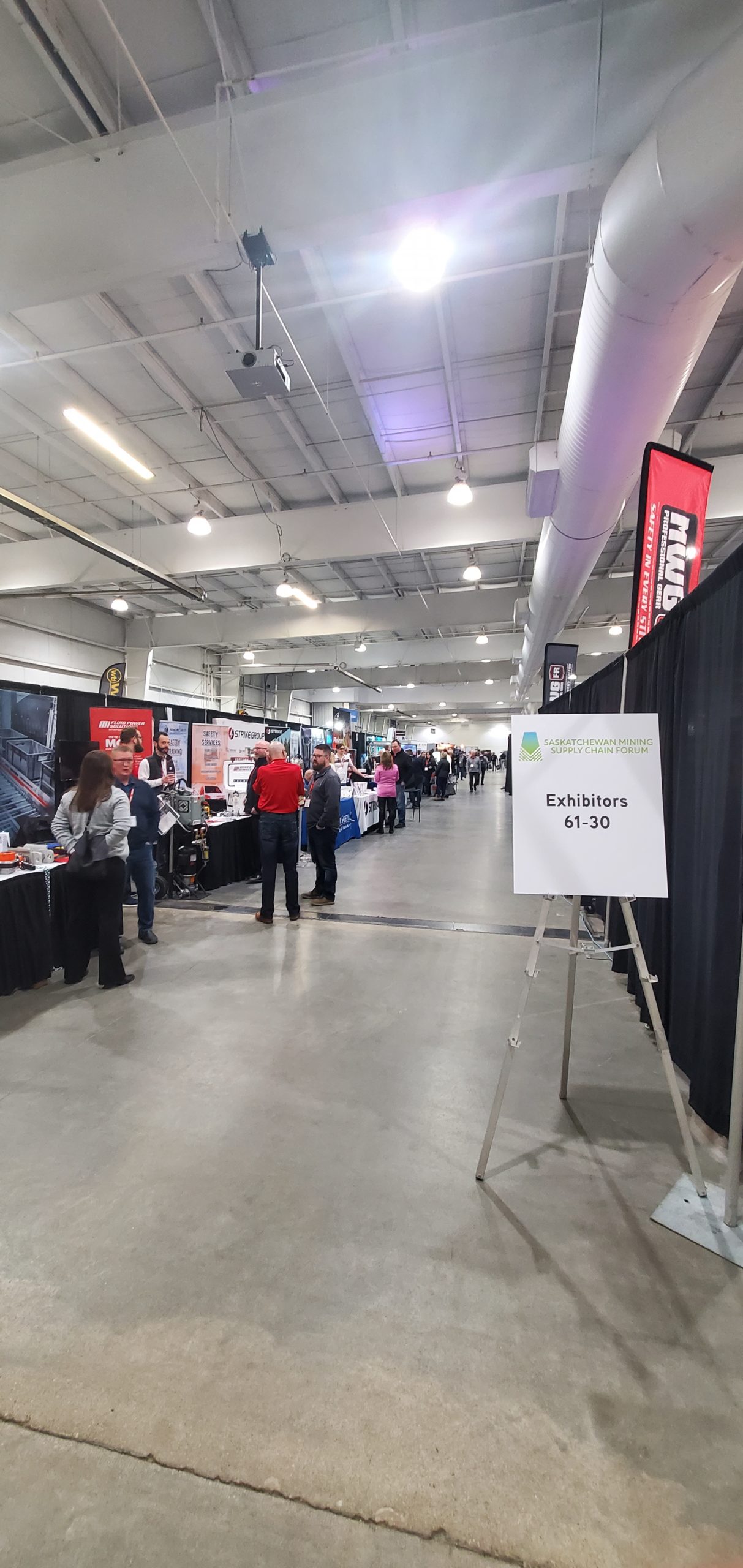
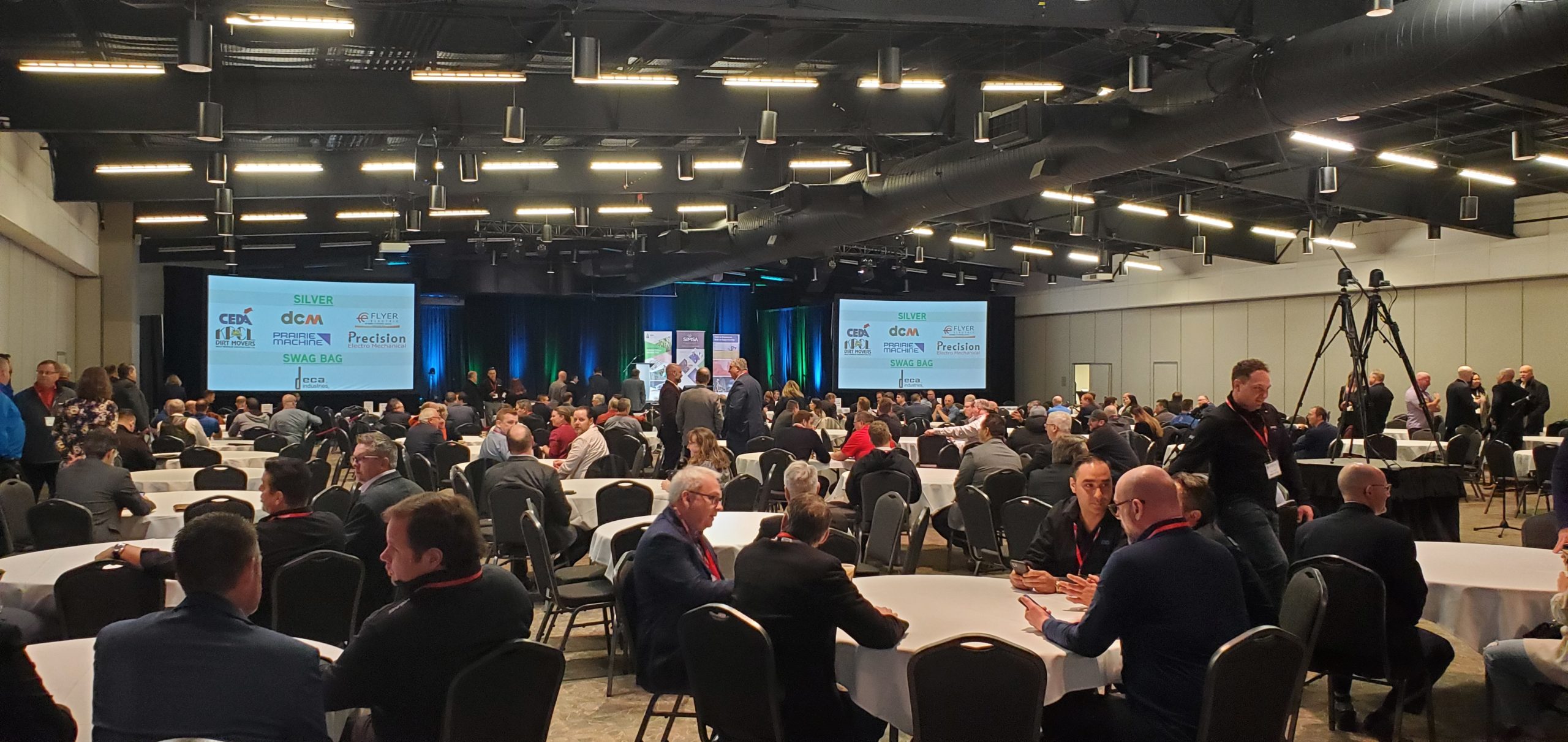
The Canadian Institute of Mining, Metallurgy and Petroleum hosted their annual convention and expo in Montreal from April 30 to May 3, 2023. The convention and expo featured hundreds of companies displaying the newest innovations in mining equipment, technology, services, and products. The team also had the opportunity to attend a panel discussion and networking event hosted by the Montreal chapter of Women in Mining. The discussion included a conversation about ‘Innovations and creating change in the mining industry’. Check out our photos from the event below.

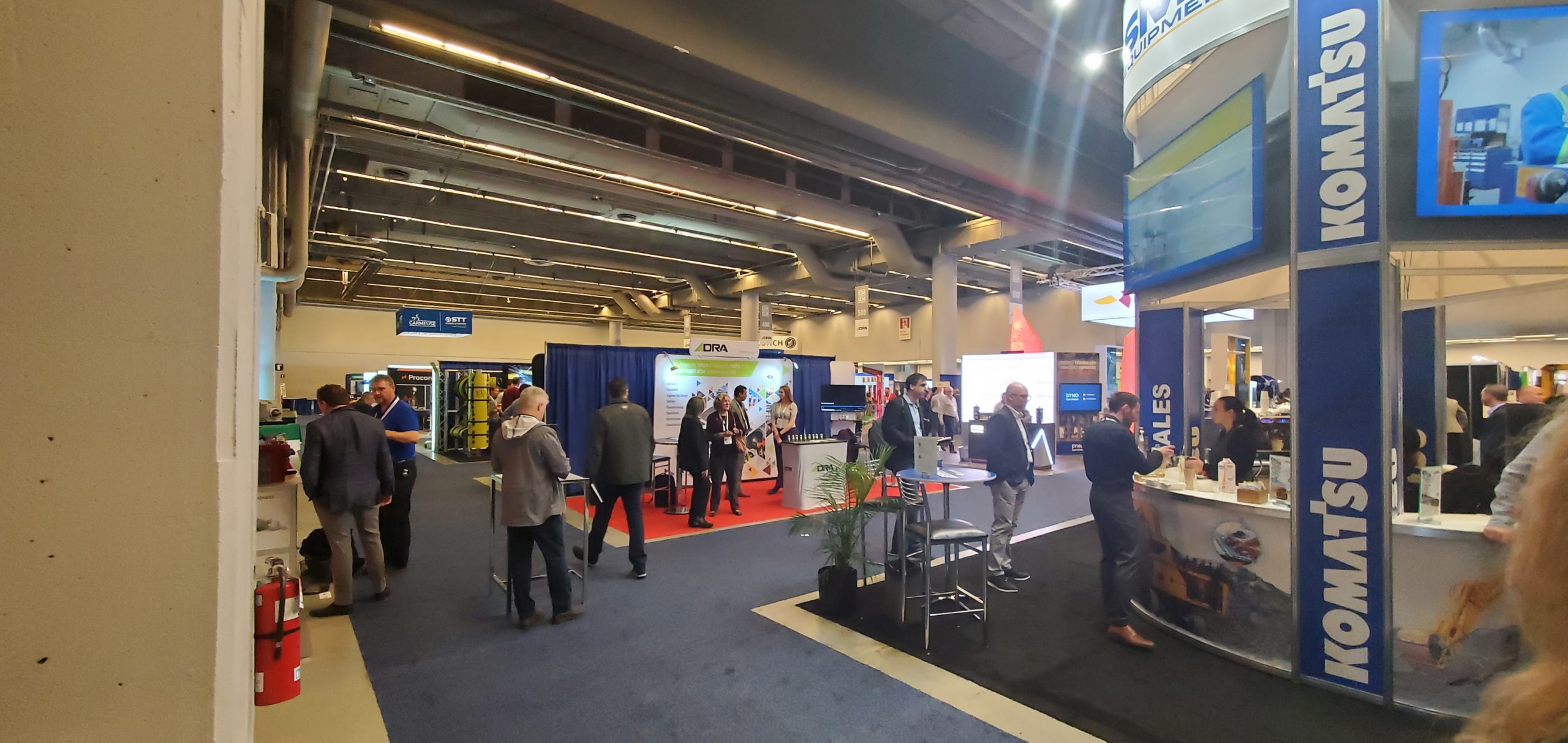
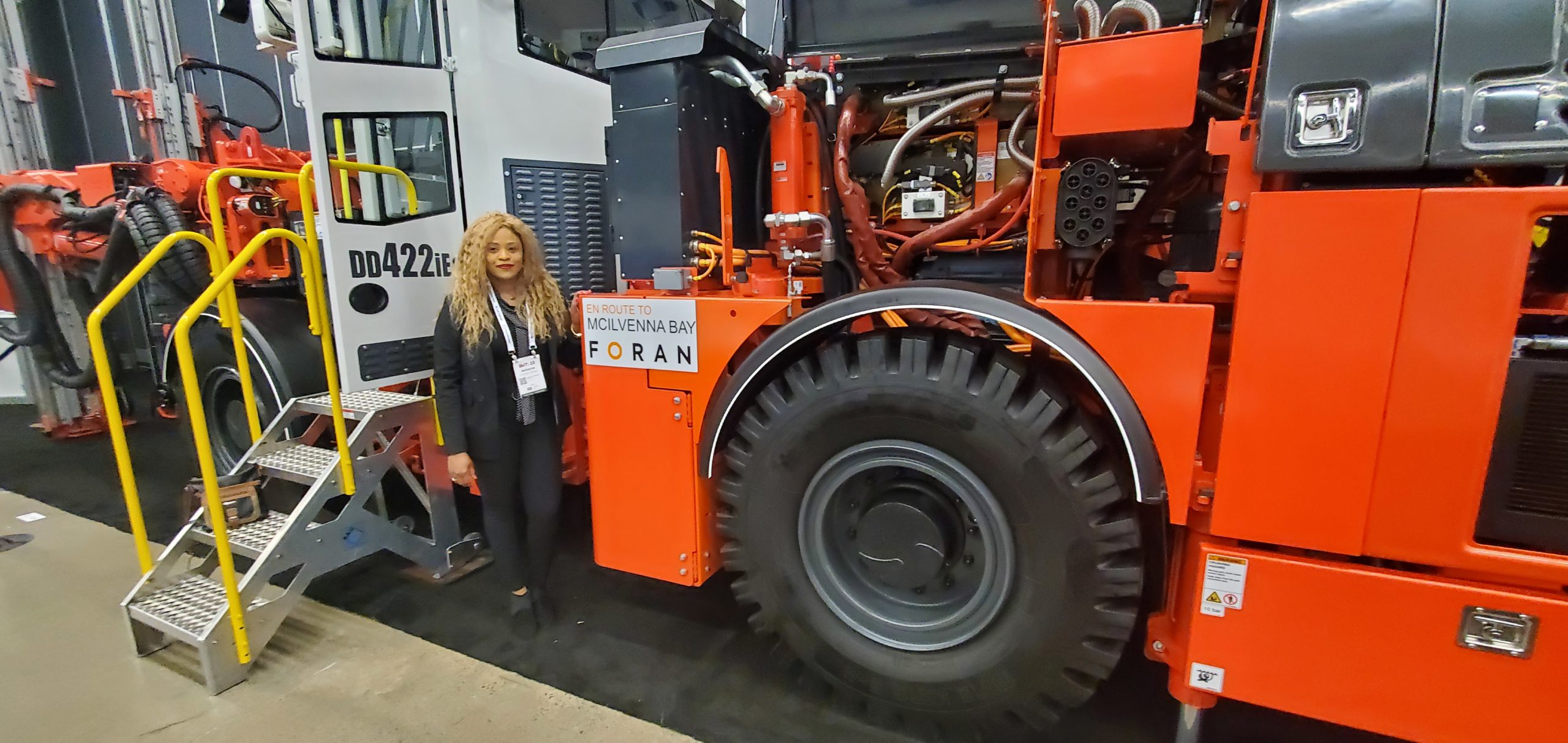
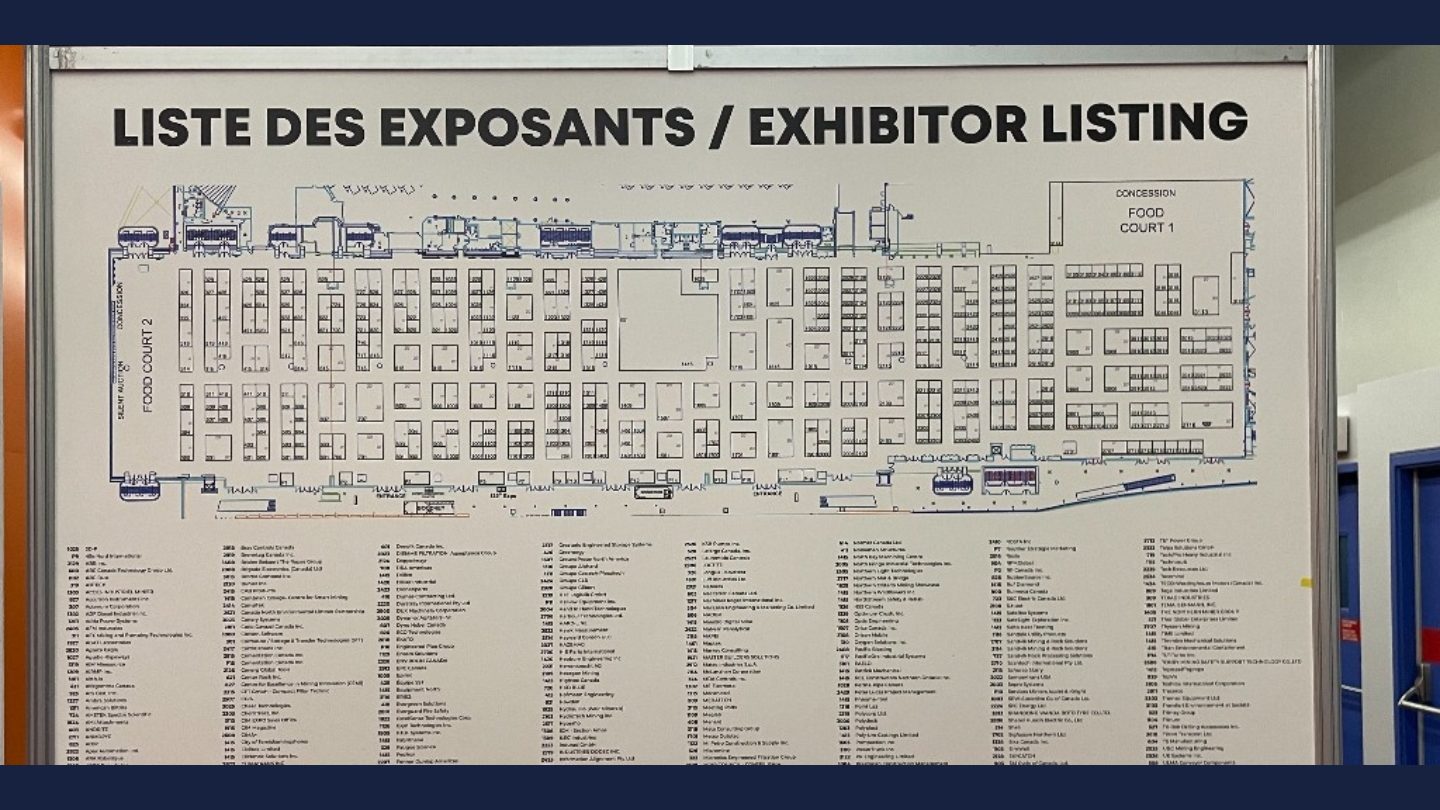
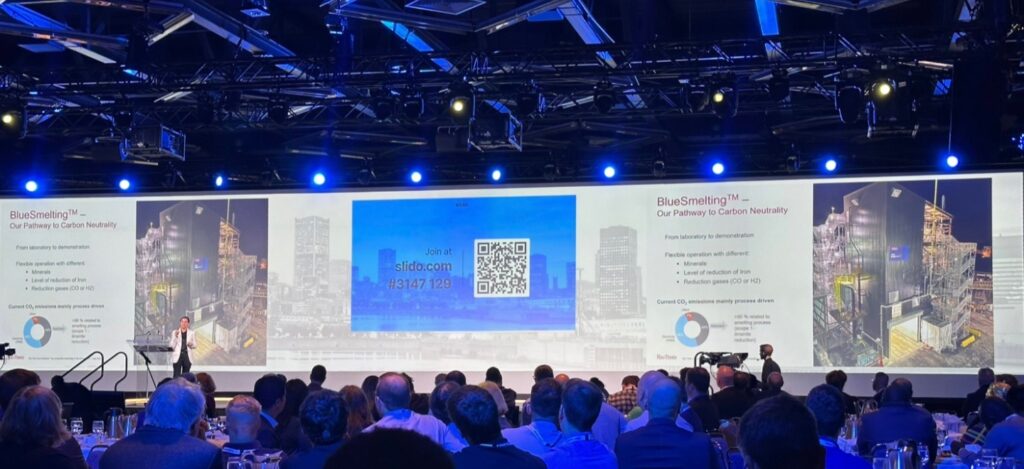
TMG specializes in executive and operational consulting for the mining and oil and gas sectors. It offers tailored oversight and strategic guidance across all project stages to ensure optimal outcomes from conception to execution.
TMG committed to diversity and inclusion, based on the undisputed fact, that a fully inclusive environment, fosters a unique perspectives that can solve challenging problems and creates value, within the company, for our clients, the communities of which we work, and the world at large.
TMG’s corporate vision and values, are to honour the rights and cultures of all people and respectfully approach all business, with fair dealings and establishing and maintain a mutually respectful relationship.
TMG acknowledges that our offices are located on traditional lands of divers First Nations and Indigenous peoples. Guided by the Constitution of both Canada & the USA, the United Nations Declaration on the Rights of Indigenous Peoples (UNDRIP) and the recommendations of all Truth and Reconciliation Commission as a framework, we are committed to taking ongoing positive and concrete steps towards reconciliation.